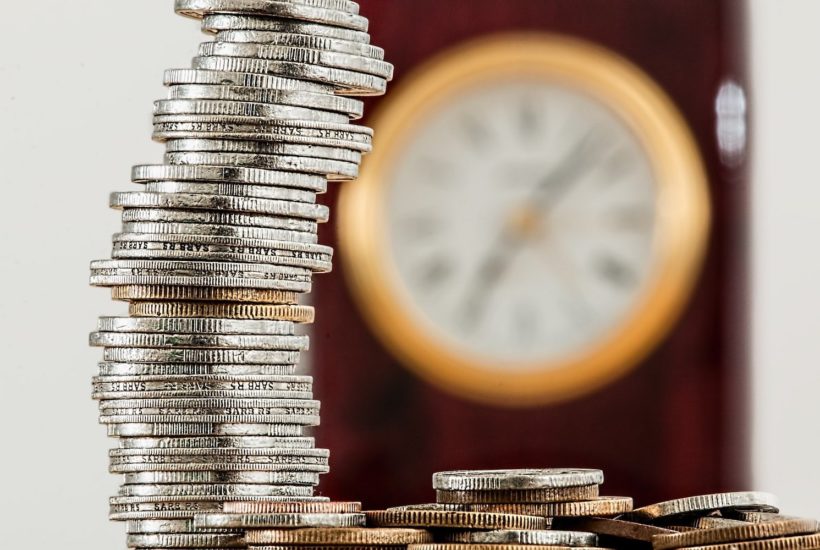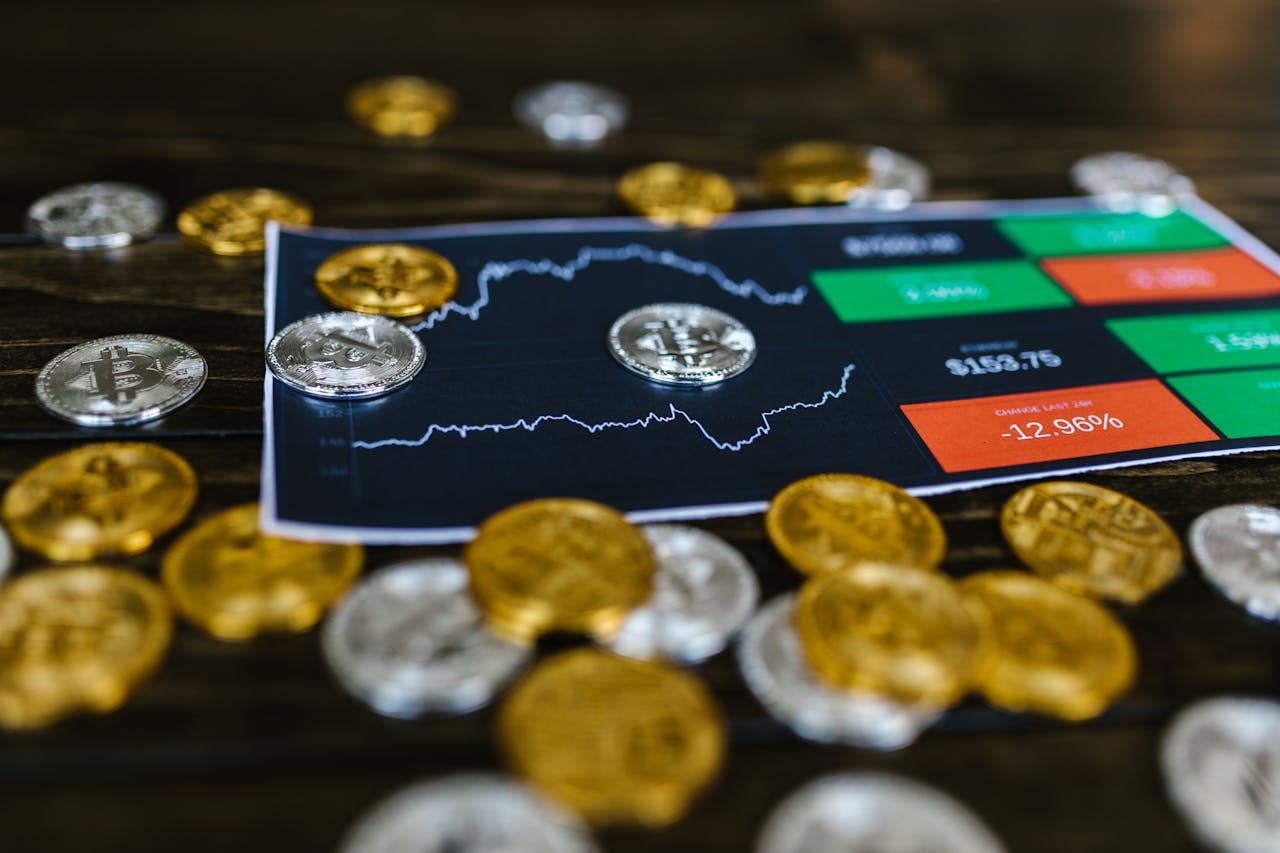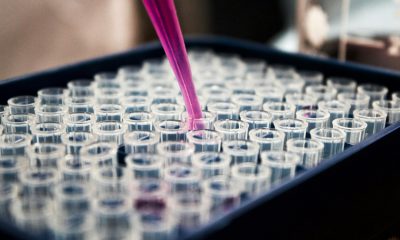Biotech
The biotech sector as a safe bet for investments during the crisis
Biotechnology companies have many growth levers and are to be favored for their defensive qualities, in the context of the current health and economic crisis. The biotech sector is experiencing higher earnings growth than the rest of the market. For example, Sartorius Stedim Biotech has had a spectacular performance, with a 37-fold increase in share price in 10 years.

Biotech companies are currently on the rise on the stock market. A fund such as Pictet Biotech has risen by nearly 16% since the beginning of the year (and +37% since the major low in March), despite the February-March stock market crash linked to the coronavirus pandemic.
While the health crisis has particularly depressed the most cyclical sectors of the world economy, such as tourism, automotive and aeronautics, as well as banking and insurance, the health and biotech sector has performed well.
“The crisis has been a real opportunity for all players in the health sector, from test and diagnostic specialists to biotech companies that have embarked on a race against time to find the vaccine that will eradicate COVID-19,” said Antoine Fraysse-Soulier, head of market analysis at online broker eToro.
Biotech companies “continue to innovate and the number of drug approvals by the FDA (US health authority) has returned to high levels,” noted Frédéric Rollin, Investment Strategy Advisor at Pictet Asset Management.
Be the first to find the most important news in the biotech sector and read the latest business news with our companion app, Born2Invest.
Numerous areas of growth in the biotech sector
According to the expert from the Geneva-based management company, “gene therapies are promising, particularly in the treatment of orphan diseases. And despite their recent outperformance, the valuations of healthcare stocks do not reflect their strong structural growth.”
The biotech sector is experiencing higher earnings growth than the rest of the market. “The crisis has highlighted the need to make healthcare systems more efficient. Companies that can offer diagnostics using artificial intelligence, the collection, and analysis of medical data or less invasive operations that reduce hospitalization time should see their demand accelerate,” emphasized Frédéric Rollin.
However, risks should not be neglected, especially for small players with little or no profitability. Of course, “investing in biotech companies that do not generate any profits remains very risky, particularly because of chronic financing needs that can stop overnight, or clinical failures that can halt the development of a drug,” said Antoine Fraysse-Soulier.
Biotech companies that are doing well
On the testing and diagnostics front, “some French companies are doing well, such as Eurofins Scientific, which has been scaling up its PCR (Molecular Biology) testing and extraction kits for serological testing since the pandemic hit,” said eToro’s expert.
Eurofins is now able to manufacture its own tools without depending on suppliers who are often out of stock. “From the beginning of June, the group announced that it would produce 20 million COVID-19 tests, which should generate $168 million (€150 million) per month,” reported the analyst, who believes that Eurofins’ valuation multiple (28 times expected profits for 2020) “remains high, but justified by high visibility.”
Sartorius Stedim Biotech, which has become the world’s leading manufacturer of equipment for the production of biological drugs, has had a spectacular performance, with a 37-fold (!) increase in share price in 10 years and a market capitalization of $22.4 billion (€20 billion)! “90% of its sales are recurrent. Its activity is the most dynamic in the pharmaceutical sector, driven by the ageing of the population and by innovation,” stressed Antoine Fraysse-Soulier. The fact remains that the group’s good fundamentals and excellent prospects are paying a high price, with the company paying itself more than 60 times the profits expected for 2020.
What does the technical analysis say?
The Nasdaq Biotechnology Index has had “a chaotic run but has managed to gain 70% since its low point in 2016. It has nevertheless largely underperformed the Nasdaq, which posted a gain of 135% over the period,” noted Robert Haddad (SBA Bank).
The latest rebound initiated last March enabled the Nasdaq Biotechnology to “overcome the resistance of 3,865 (October 2018 peak) and especially the July 2015 peak, at 4,194, to set a new historical record, at 4,413. In order to continue its ascent, it should remain above 3,865 and could thus aim at its new objective of 5,143 (+20%),” the expert concluded. Conversely, the break of 3.865 should invalidate this positive scenario and push the index towards 3.455 (-19%), according to him.
__
(Featured image by stevepb via Pixabay)
DISCLAIMER: This article was written by a third party contributor and does not reflect the opinion of Born2Invest, its management, staff or its associates. Please review our disclaimer for more information.
This article may include forward-looking statements. These forward-looking statements generally are identified by the words “believe,” “project,” “estimate,” “become,” “plan,” “will,” and similar expressions. These forward-looking statements involve known and unknown risks as well as uncertainties, including those discussed in the following cautionary statements and elsewhere in this article and on this site. Although the Company may believe that its expectations are based on reasonable assumptions, the actual results that the Company may achieve may differ materially from any forward-looking statements, which reflect the opinions of the management of the Company only as of the date hereof. Additionally, please make sure to read these important disclosures.
First published in Capital, a third-party contributor translated and adapted the article from the original. In case of discrepancy, the original will prevail.
Although we made reasonable efforts to provide accurate translations, some parts may be incorrect. Born2Invest assumes no responsibility for errors, omissions or ambiguities in the translations provided on this website. Any person or entity relying on translated content does so at their own risk. Born2Invest is not responsible for losses caused by such reliance on the accuracy or reliability of translated information. If you wish to report an error or inaccuracy in the translation, we encourage you to contact us.

-

 Crypto2 weeks ago
Crypto2 weeks agoCaution Prevails as Bitcoin Nears All-Time High
-

 Fintech2 days ago
Fintech2 days agoOKX Integrates PayPal to Simplify Crypto Access Across Europe
-

 Africa1 week ago
Africa1 week agoBridging Africa’s Climate Finance Gap: A Roadmap for Green Transformation
-

 Business1 week ago
Business1 week agoThe TopRanked.io Weekly Digest: What’s Hot in Affiliate Marketing [uMobix Affiliate Program Review]
























